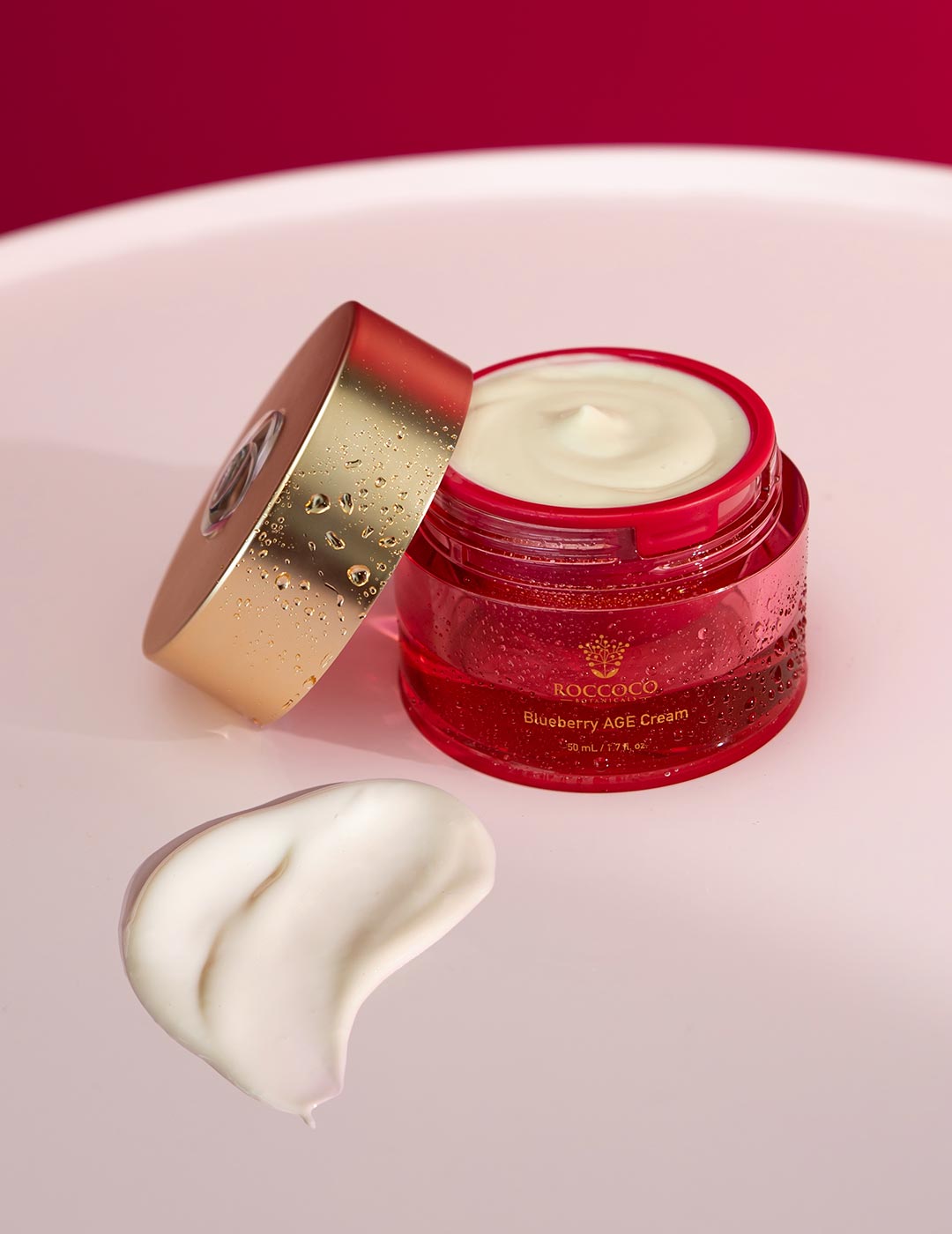Retinol has long been hailed as the holy grail of anti-aging skincare. Its ability to reduce fine lines, wrinkles, and even out skin tone has made it a staple in many beauty routines.
However, retinol is not without its side effects.
It can cause irritation, dryness, and increased sensitivity to the sun.
And for those who are looking for a gentler alternative, Vitamin C may be the answer.
Today, we’ll look at the benefits of using Vitamin C as an alternative to retinol, the dangers of retinol use, the science behind Vitamin C and its effects on the skin, and how to incorporate Vitamin C into your skincare routine.
Benefits of using Vitamin C as an alternative to Retinol
Retinol is known for its ability to stimulate collagen production, which helps to reduce the appearance of fine lines and wrinkles.
However, it can also cause skin irritation, redness, and peeling, especially for those with sensitive skin.
Vitamin C, on the other hand, is a powerful antioxidant that has been shown to have similar anti-aging benefits without the harsh side effects.
One of the key benefits of Vitamin C is its ability to protect the skin from free radicals, which are unstable molecules that can damage collagen and lead to premature aging. Vitamin C neutralizes these free radicals, helping to maintain the skin's youthful appearance.
Additionally, Vitamin C has been shown to brighten the skin, reduce hyperpigmentation, and even out skin tone.
It can also help to fade acne scars and reduce the appearance of dark spots.

Dangers of retinol use
While retinol can be effective in reducing the signs of aging, it is not without its risks. One of the main dangers of retinol use is its potential to cause skin irritation.
Retinol can be highly irritating, especially for those with sensitive skin. It can cause redness, dryness, and peeling, making the skin look and feel worse instead of better.
In some cases, retinol can even cause a condition called retinoid dermatitis, which is characterized by intense redness, itching, and a burning sensation.
Another risk of using retinol is increased sensitivity to the sun.
Retinol can make the skin more susceptible to sunburn, as well as increase the risk of sun damage and skin cancer. It is essential to use sunscreen daily when using retinol and to avoid excessive sun exposure.
In addition to these risks, retinol can also be too potent for some individuals. It can cause excessive dryness and flaking, especially when used in high concentrations.
This can be particularly problematic for those with dry or sensitive skin, as it can exacerbate these conditions and lead to further irritation.
The science behind Vitamin C and its effects on the skin
Vitamin C, also known as ascorbic acid, is a water-soluble vitamin that is essential for the production of collagen, a protein that is crucial for the skin's elasticity and firmness.
It is also a potent antioxidant that helps to protect the skin from free radicals, which can cause damage to cells and lead to premature aging.
When applied topically, Vitamin C has been shown to have a number of beneficial effects on the skin. It can help to reduce the appearance of fine lines and wrinkles by stimulating collagen production.
It can also brighten the skin and even out skin tone by inhibiting the production of melanin, the pigment responsible for dark spots and hyperpigmentation.
Additionally, Vitamin C has anti-inflammatory properties, which can help to calm redness and irritation.
How to incorporate Vitamin C into your skincare routine
If you are considering using Vitamin C as an alternative to retinol, there are a few things to keep in mind. First, it is important to choose a high-quality Vitamin C product that contains an effective concentration of the ingredient.
When incorporating Vitamin C into your skincare routine, it is best to apply it in the morning after cleansing and toning. Vitamin C works best when applied to clean, dry skin and before the application of other skincare products.
This allows it to penetrate the skin and provide maximum benefits. After applying Vitamin C, follow with a moisturizer and sunscreen to lock in hydration and protect the skin from UV damage.
Is Vitamin C a suitable alternative to Retinol?
Vitamin C can be a suitable alternative to retinol for those who are looking for a gentler anti-aging solution.
It offers similar benefits, such as reducing the appearance of fine lines and wrinkles, brightening the skin, and evening out skin tone, without the harsh side effects of retinol. Vitamin C is also a powerful antioxidant that can protect the skin from free radicals and enhance the effectiveness of sunscreen.
When incorporating Vitamin C into your skincare routine, it is important to choose a high-quality product with an effective concentration of the ingredient.
Apply it in the morning after cleansing and toning, and follow with a moisturizer and sunscreen for maximum benefits.
Remember to be patient and consistent with your Vitamin C usage, as it can take several weeks to see noticeable results.
While retinol may still be the go-to ingredient for many, it is worth considering the potential risks and side effects before incorporating it into your skincare routine.
Vitamin C offers a gentler alternative that can provide similar anti-aging benefits without the drawbacks.
Try Roccoco Botanical’s Skin Brightening C Serum to enjoy the powerful effects of Vitamin C on your skin.

Read more

While turmeric is often praised for its ability to brighten and lighten the skin, it's important to note that it may not be suitable for everyone. Today, we’ll look at the potential side effects ...

Are you taking care of your skin the right way? While we may think we’re doing the best for our skin, there are certain habits and practices that can actually harm it. Today, we’re talking about...



